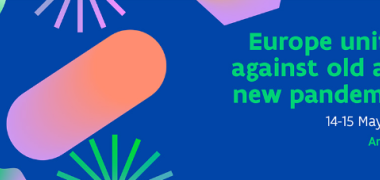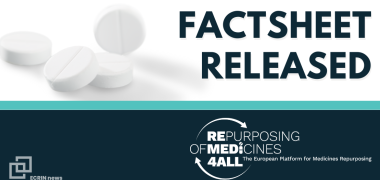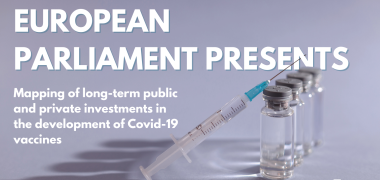Launch of European Covid-19 trials coordination module website
The coordination module of the EU-funded projects RECOVER1 and EU-RESPONSE2 has launched its website https://covid19trials.eu/en. It centralises information for academics and industry on access to the three large Pan-European adaptive platform trials currently underway: DisCoVeRy, EU-SolidAct & REMAP-CAP.
A coordinated Pan-European approach is essential for tackling the COVID-19 epidemic, and finding the most effective therapeutic solutions. EU-RESPONSE and RECOVER, share a joint coordination module that allows them to evaluate potential therapeutics for COVID-19, while avoiding duplications and maximizing the use of resources. The coordination module, composed of the Trial Coordination Board (TCB), the Joint Access Advisory Mechanism (JAAM) and the Adaptive Platform Trial Toolbox, ensures optimal coordination of trials in the EU and abroad and provides a single entry point for new study arms in the European COVID-19 adaptive platform trials. This module is coordinated by ECRIN and the Norwegian Institute of Public Health.
The dedicated website describes the different bodies that aid in the coordination of the COVID-19 clinical trials and the roles they have been conferred. It clearly outlines the specificities of the different trials and how researchers and industry can apply through the JAAM. The JAAM is the entryway for the European COVID-19 adaptive platform trials already implanted in over 16 European countries and beyond. It is the single body, common to the DisCoVeRy, EU-SolidAct and REMAP-CAP trials, that assesses requests from investigators or industry looking to test their compound in these trials. The website also contains resources that will help researchers looking to develop platform trials navigate the complexities of this novel trial methodology.
1. EU-RESPONSE is supported by the European Union’s Horizon 2020 Research and Innovation programme under Grant Agreement number 101015736.
2. RECOVER is supported by the European Union’s Horizon 2020 Research and Innovation programme under Grant Agreement number 101003589.





